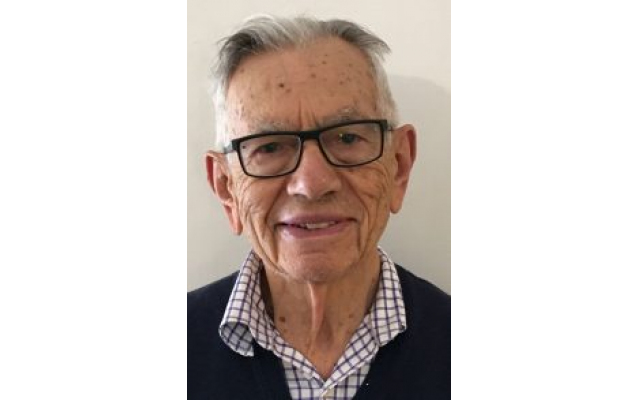Moses’ Omission – Our Presence
"Justice wells up as water and righteousness as a mighty stream.”
At the burning bush, God said to Moses, “Come, therefore, I will send you to Pharaoh and you shall free my people …” (Exodus 3: 21). Yet except for one passing reference, Moses is not mentioned in the haggadah. Its text is clear, “the Lord brought us forth out of Egypt not by the hand of an angel and not by the hand of a surrogate (Moses?), but by the Holy One Himself. Moses, although God’s designated point man in the Exodus saga, who spoke to God face-to-face, was nonetheless mortal. He was born, he lived, and he died.
There is, however, a relevant and significant message in the haggadah’s retelling of the Exodus. Moses was challenged and inspired by God to combat the injustice and immorality of slavery. He epitomizes all who sense God’s charge to confront and resist the ubiquitous forces of evil that abound in our world.
Moses’ omission from the haggadah sensitizes us that it is the mission of mortals to fulfill, often anonymously, God’s vision of a world of justice and mercy. Thus, even if not specifically mentioned by name, let us bask in the satisfaction that, in a limited way, we have enabled humanity to take another small step toward the goal of a world liberated from poverty, homelessness, plague and conflict.
It’s a tall order, but may our haggadah discussion, seder experience and Pesach celebration recommit us to God’s mandate to further Moses’ work of tikkun olam, to fashion a moral order where “justice wells up as water and righteousness as a mighty stream.” (Amos 5:24)
Rabbi Arnold Goodman is a senior rabbinic scholar and was senior rabbi of Ahavath Achim Synagogue from 1982 to 2002.




comments